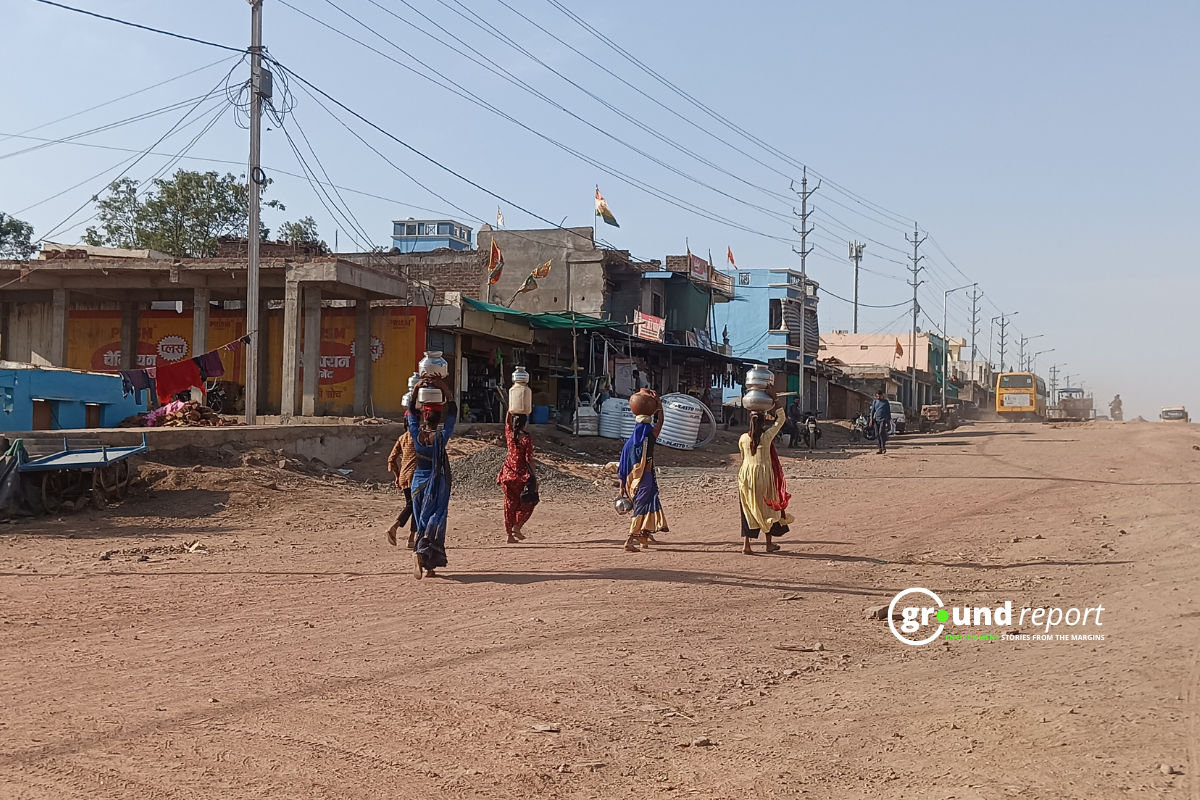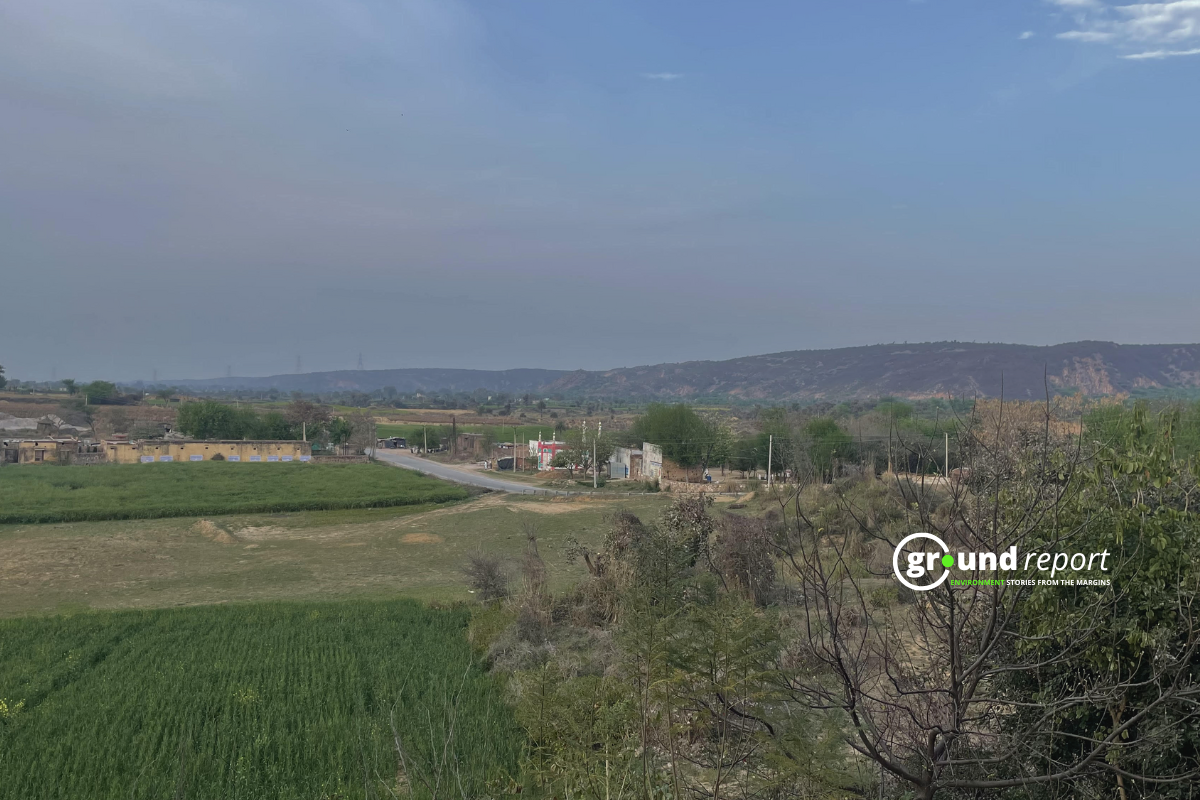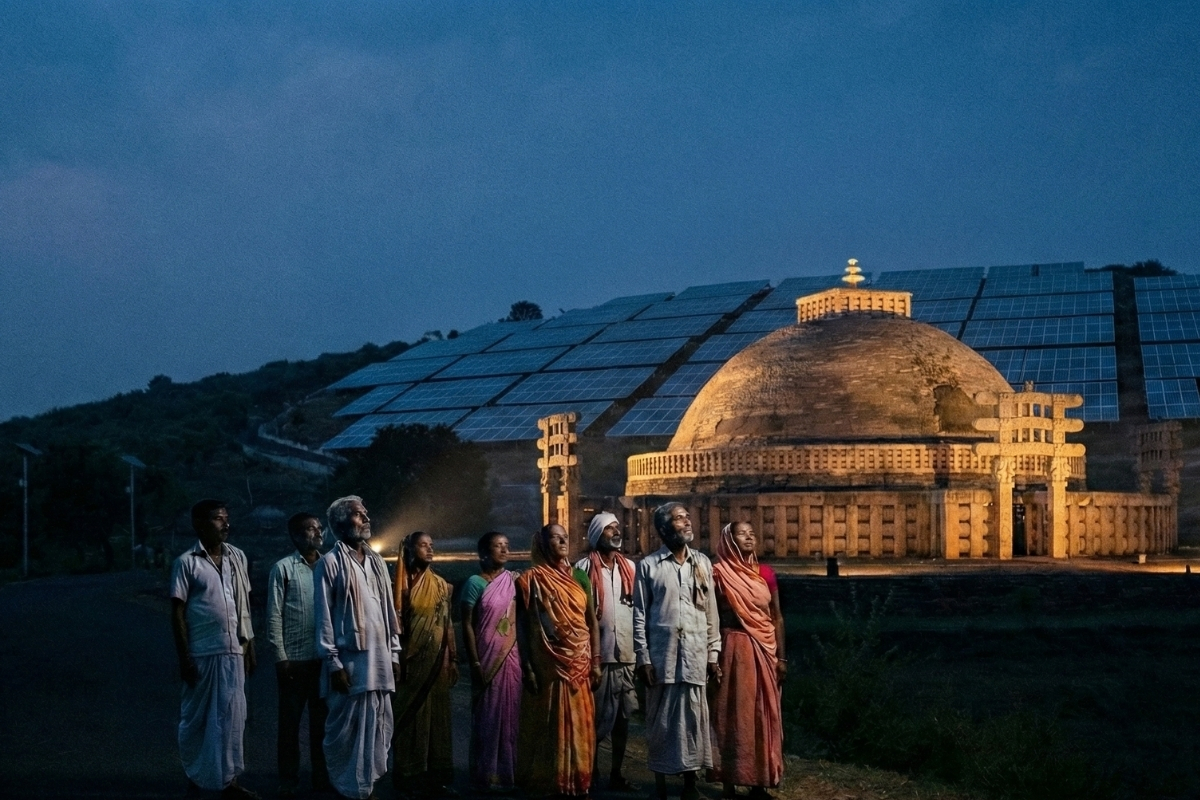The central government has directed multiple states to conduct civil defence mock drills on Wednesday, May 7. The move comes in response to rising tensions with Pakistan after the April 22 terror attack in Pahalgam, which left 26 civilians dead.
Sources told NDTV that the Ministry of Home Affairs (MHA) wants states to strengthen their preparedness for possible hostile threats. The last time India carried out such large-scale drills was in 1971—the year India and Pakistan fought a war.
The MHA has asked state authorities to carry out the following steps:
-
Activate air raid warning sirens
-
Train civilians, students, and local volunteers on how to stay safe during an attack
-
Prepare blackout protocols to hide key areas during an emergency
-
Camouflage important installations quickly
-
Update evacuation plans and rehearse them
The Pahalgam attack, blamed on terrorists with links to Pakistan, has further strained relations between the two countries. Since the attack, Pakistan has fired on Indian Army posts along the Line of Control for 11 straight nights.
India has responded with strong retaliation.
With no signs of de-escalation, the Centre is focusing on civil readiness in case the situation worsens.
Tensions between India and Pakistan have sharply escalated after both countries took a series of retaliatory steps. They have pulled out diplomats, shut down airspace and ports, and increased military actions along the Line of Control (LoC).
IWT & its impact
India suspended the Indus Waters Treaty (IWT), a major agreement between the two nations. In response, Pakistan warned that it would respond with “full force” if India stopped or diverted river water.
Officials confirmed that on Monday, India closed all gates of the Salal Dam on the Chenab River. This caused water levels to drop in several areas of Jammu and Kashmir’s Reasi district.
Under the Indus Waters Treaty:
- Pakistan controls the Indus, Jhelum, and Chenab rivers.
- India controls the Ravi, Beas, and Sutlej rivers.
- India can still use the western rivers for farming, domestic use, and power projects—but only under strict rules.
- The Salal Dam, built on the Chenab, is part of this agreement and follows these limits.
Pakistan also violated the ceasefire agreement by firing small arms along the LoC in Jammu and Kashmir for ten consecutive nights. This has added to the already rising tensions.
On Sunday, Defence Minister Rajnath Singh said he stands firmly with India’s armed forces. He promised a strong response to any threat.
Last week, Prime Minister Narendra Modi gave the military full freedom to choose how and when to respond to the Pahalgam terror attack—the deadliest attack since Pulwama in 2019.
Support us to keep independent environmental journalism alive in India.
Keep Reading
The costliest water from Narmada is putting a financial burden on Indore
Indore’s Ramsar site Sirpur has an STP constructed almost on the lake
Indore Reviving Historic Lakes to Combat Water Crisis, Hurdles Remain
Indore’s residential society saves Rs 5 lakh a month, through rainwater harvesting
Follow Ground Report on X, Instagram and Facebook for environmental and underreported stories from the margins. Give us feedback on our email id greport2018@gmail.com.
Don’t forget to Subscribe to our weekly newsletter, Join our community on WhatsApp, and Follow our YouTube Channel for video stories.









